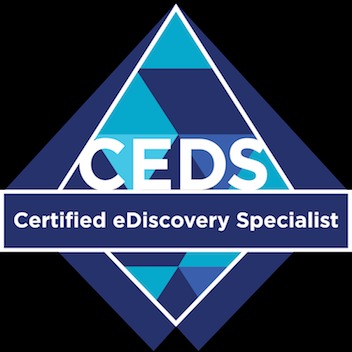티스토리 뷰
Although lobbyists are working to expand exemption thresholds, CIOs, compliance managers, general counsel, and IT managers must monitor the ongoing developments of the Dodd-Frank Wall Street Reform and Consumer Protection Act rules. Even with fewer than half of the Dodd-Frank rules yet finalized, it is already evident that organizations will need to implement specific IT initiatives to comply with the new recordkeeping requirements of the Commodity Futures Trading Commission (CFTC). For example, firms must now track and analyze pre-and post-trade communications and stamp records with the Coordinated Universal Time (UTC) code to the nearest minute.
As the rule-making process continues, firms should pay attention to the following three areas in particular.
1. Big Data storage infrastructure
The range of trading records that swap dealers (SD) and major swap participants (MSP) must maintain is all-encompassing. From oral communications to e-mails, IMs, voice messages, files, and third-party messages, firms must keep all communications leading to the execution of swaps. Firms will need to ensure that their data storage capabilities are sufficient to meet this potentially staggering amount of data.
2. Audio recordings
Under the new rules, firms must capture, tag, retain, and make searchable all pre-trade, trade, and post-trade voice communications that relate to a swap. This includes cell phone conversations, which may be particularly challenging because firms will need to review and modify not only their BYOD policies but also their mechanisms for tracking and recording cell phone calls. Firms will also need to ensure that they preserve their metadata for calls so that they are able to quickly find and export calls that are relevant to an information request.
3. Scalable and accurate discovery solutions
Swap trading records must be readily accessible, identifiable, and searchable by transaction and counterparty. Market participants will need to invest in capabilities to capture, retain, and retrieve pertinent ESI quickly. The solutions developed in the e-discovery industry, including analytics, technology-assisted review and audio indexing capabilities, will prove useful in meeting these obligations.
Considering the wide variety of electronic communications and the short turnaround that regulators can demand under the new rules, firms should prepare now to meet this latest challenge posed by Big Data.
John Finlay is a Director at Lateral Data, a Xerox company. He can be reached at info@xls.xerox.com
'eDiscovery' 카테고리의 다른 글
| Conceptual Search vs. Predictive Coding (1) | 2014.05.19 |
|---|---|
| Confidential and Privileged Information on eDiscovery (0) | 2014.02.21 |
| Samsung violated a court-ordered agreemen (0) | 2013.11.11 |
| Smartphones Can Be An E-Discovery Gold Mine Or Sinkhole (0) | 2013.08.13 |
| Data Profiling (0) | 2013.07.26 |
